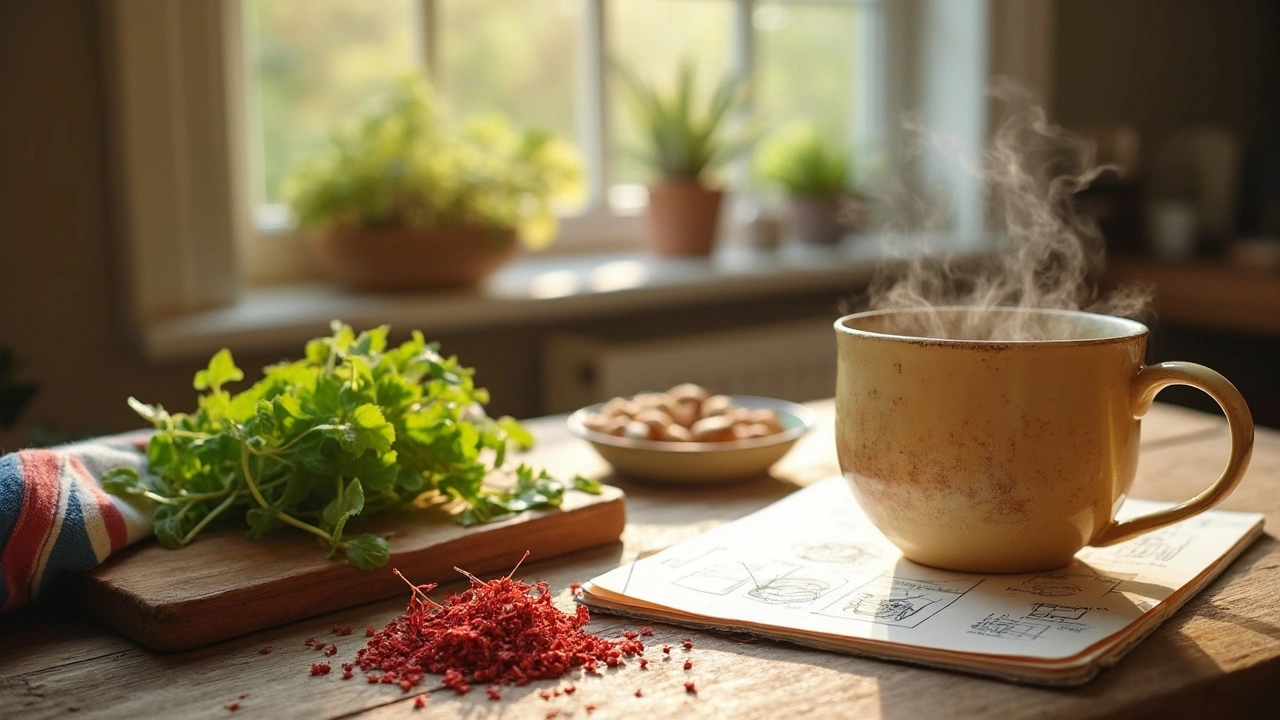Hibiscus: Your Go-To Guide for Health and Wellness
Hibiscus isn’t just a pretty flower; it’s packed with health perks that you can easily include in your daily routine. From refreshing teas to herbal supplements, hibiscus has earned a solid spot among natural remedies for good reasons. Whether you’re curious about how it helps your body or how to use it safely, this guide breaks it down simply.
What Makes Hibiscus So Popular?
One of the biggest draws of hibiscus is its antioxidant power. Antioxidants fight off harmful molecules called free radicals, which can damage cells and speed up aging or disease. Drinking hibiscus tea regularly might support heart health by helping to manage blood pressure and cholesterol. People also use it for its natural anti-inflammatory effects, which can soothe minor aches or skin irritations.
Besides the health backing, hibiscus tea is tasty and naturally caffeine-free, which makes it a great choice for a calming ritual any time of day. It has a tangy, slightly tart flavor that many enjoy without needing to add sugar.
How to Use Hibiscus in Your Life
Adding hibiscus tea to your day is simple. You can brew dried hibiscus flowers in hot water and enjoy it hot or cold. It’s also common to find hibiscus in capsule form as a dietary supplement if you’re looking for an easy way to get its benefits.
Just a heads-up: if you’re taking medication for blood pressure or diabetes, chatting with your doctor before making hibiscus a regular part of your routine is a smart move. While it’s natural, it can still interact with certain medicines.
For skincare fans, hibiscus extracts sometimes feature in creams or toners because of their antioxidant and exfoliating properties. If you like DIY, simple hibiscus water can be a gentle skin refresher.
Bottom line: Hibiscus offers an easy, natural boost to your daily health habits. Whether through tea, supplements, or skincare, it’s a versatile plant worth knowing about.
